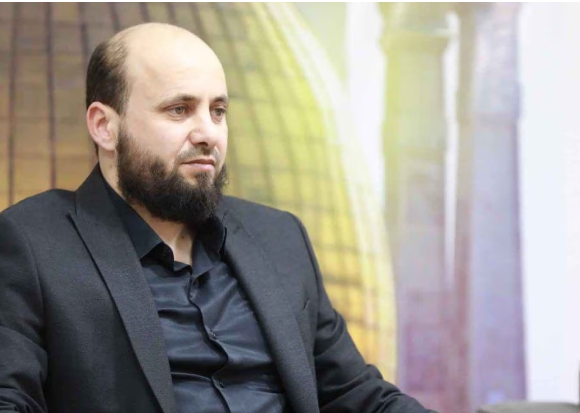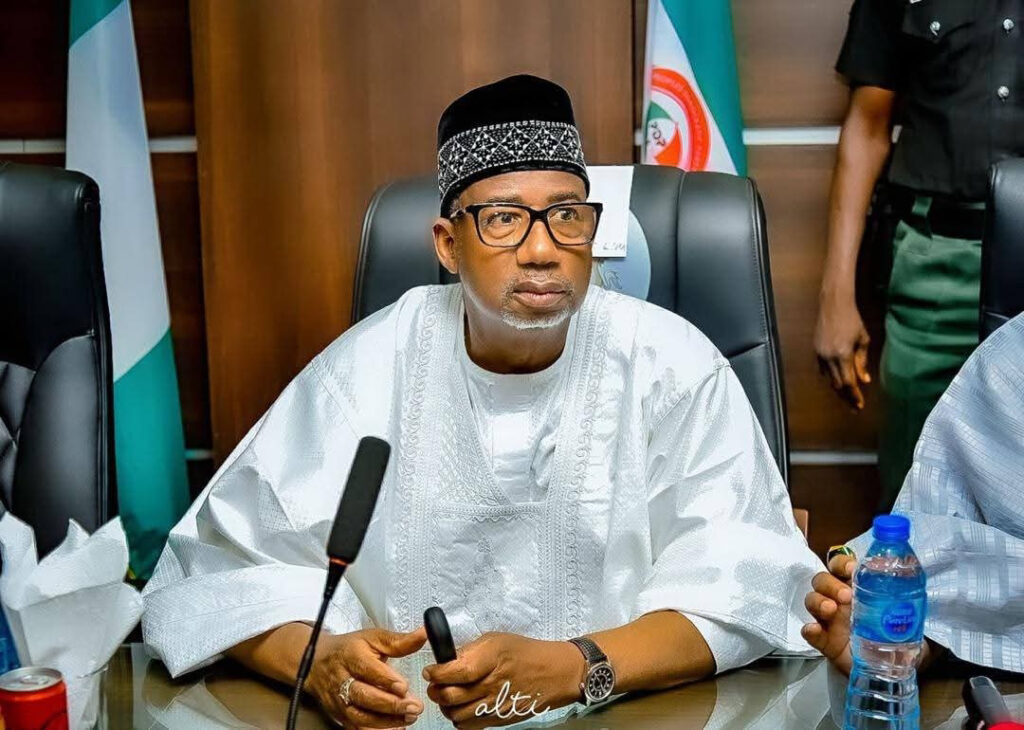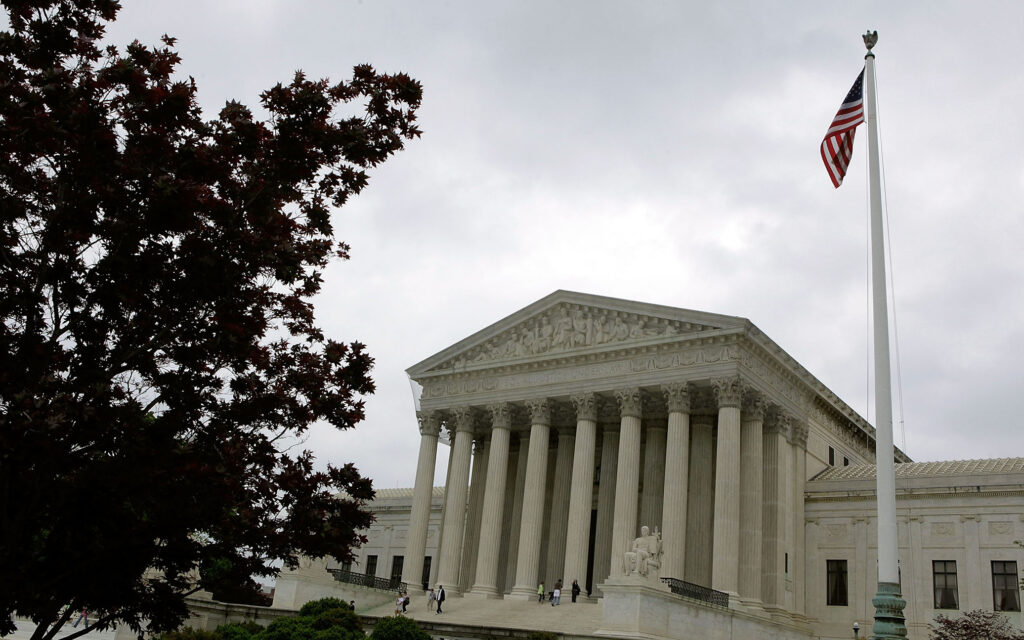Mohammed al-Bashir, a former governor from northwest Syria’s rebel-held Idlib province, has been appointed interim prime minister following the ousting of President Bashar al-Assad three days ago. Al-Bashir, backed by the rebel factions that led Assad’s downfall, will serve as caretaker prime minister until March 1.
In a televised address from a government building in Damascus on Tuesday, al-Bashir expressed his surprise at assuming the role. “I have never imagined I would enter here. To come here and stand here?” he said.
The interim prime minister revealed that a transitional cabinet meeting had been held to manage the transfer of administrative responsibilities from both the former Assad regime and the Salvation Government, which previously governed parts of Idlib province.
During his address, al-Bashir stood before two flags: the green, black, and white banner symbolizing Assad’s opposition, and a white flag with the Islamic declaration of faith, commonly associated with Sunni Islamist factions.
In Damascus, life began to return to normal after Assad’s fall. Banks reopened, shops resumed operations, and street cleaners worked to restore the city’s appearance. Rebel leaders reportedly ordered fighters to withdraw from urban centers, leaving security duties to forces aligned with Hayat Tahrir al-Sham (HTS), the main rebel group.
US Secretary of State Antony Blinken expressed Washington’s support for Syria’s political transition, urging it to lead to inclusive and non-sectarian governance while ensuring the safe disposal of chemical and biological weapons.
Meanwhile, Israeli airstrikes targeted Syrian army bases following their retreat during the rebel advance. Israel confirmed limited military operations near the Israeli-occupied Golan Heights but denied any plans to advance toward Damascus.
The international community remains cautiously engaged with HTS, a former al-Qaeda affiliate that has sought to distance itself from its jihadist roots. UN Special Envoy Geir Pedersen acknowledged HTS’s shift, stating, “HTS and other armed groups have been sending good messages to the Syrian people … of unity, of inclusiveness.”
Mohammed al-Bashir’s political experience has been largely confined to Idlib province, where he held roles in education and governance. A Facebook page linked to the rebel administration describes him as an electrical engineer with additional qualifications in sharia and law.
As Syria embarks on this historic transition, the interim government faces significant challenges, including achieving national unity, establishing effective governance, and navigating foreign interventions. Al-Bashir’s leadership will be closely watched as Syria begins this new chapter.



























